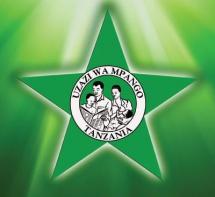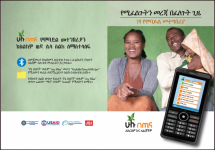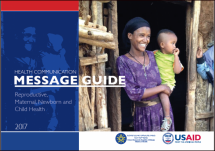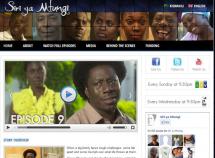Green Star – FP Radio Spots
These radio spots were part of a comprehensive family planning promotion campaign.
Source: Johns Hopkins University Center for Communication Programs
Date of Publication: October 26, 2021
SIMILIAR RESOURCES
Tools
Examples
- Beyond the ABCs of FTPs: A Deep Dive into Emerging Considerations for First Time Parent Programs
- Healthy Timing and Spacing of Pregnancy Fact Sheet
- Family Planning Discussion Topics for Voluntary Counseling and Testing
- Love, Children and Family Planning: Seven Discussion Guides for Christian Small Groups
- Zika and Pregnancy: Questions and Answers
- Creative Concept Mockup Example
- Connect: Increasing Use of Pospartum Family Planning by First-Time Parents
- Prevention of Sexual Transmission of Zika Virus
- Training Tools: Providing Family Planning and Reproductive Health to Young Married Women and First-Time Parents in West Africa
- HTSP Online Course









